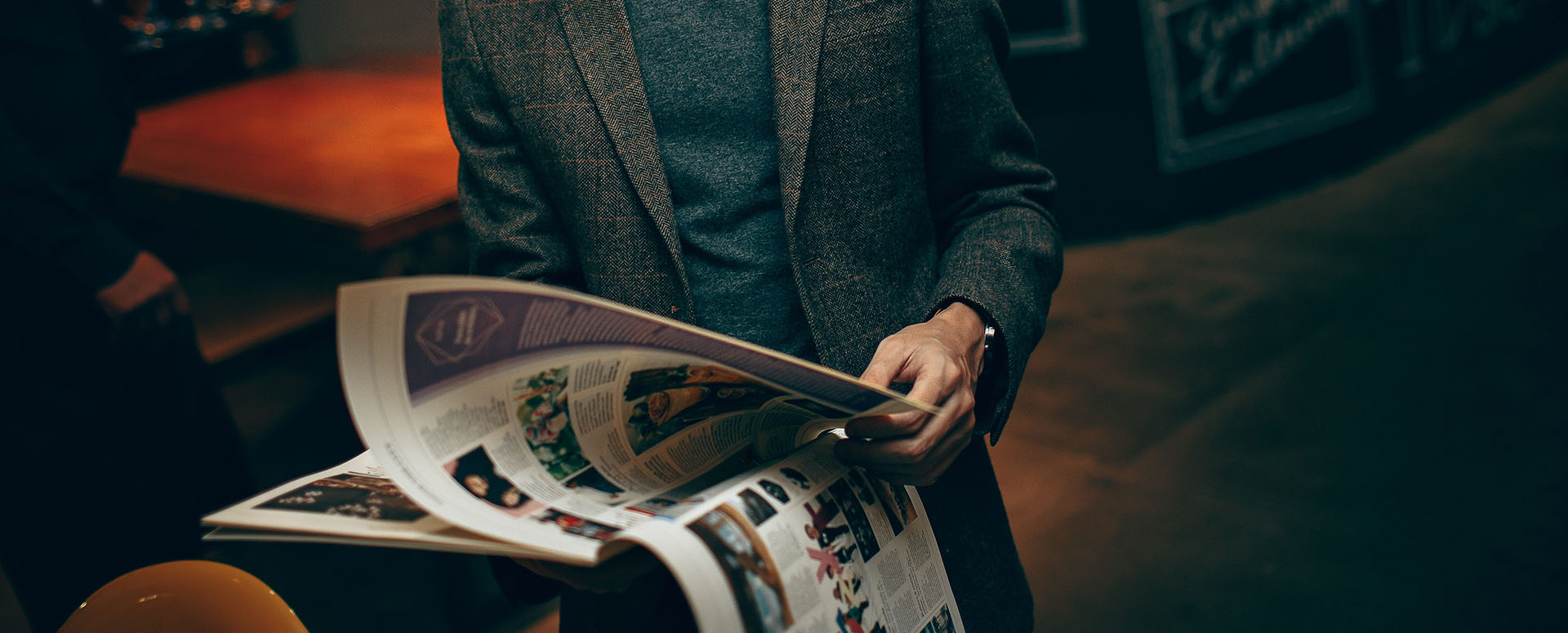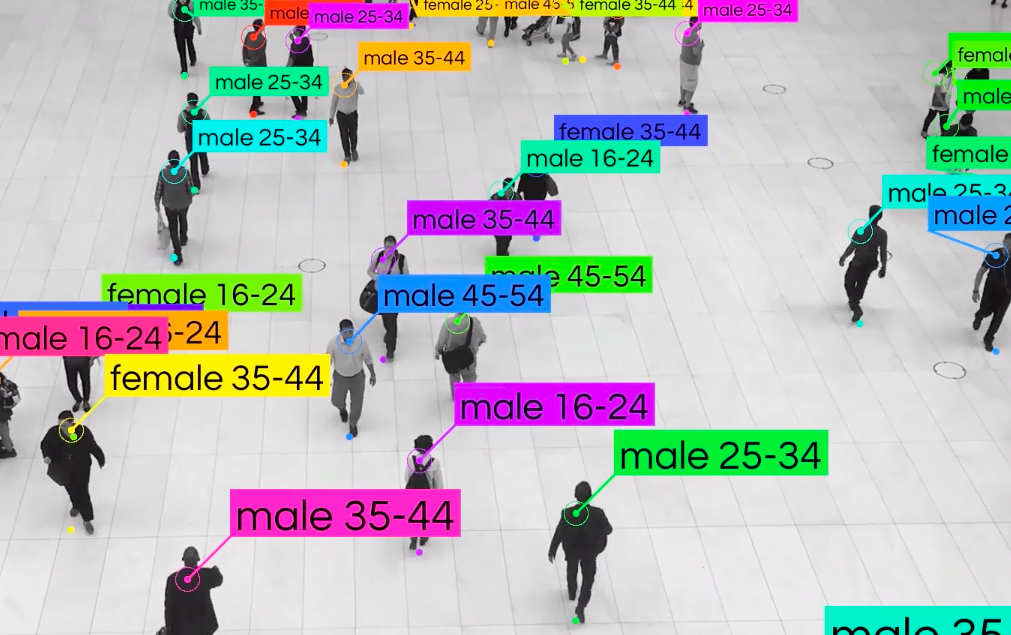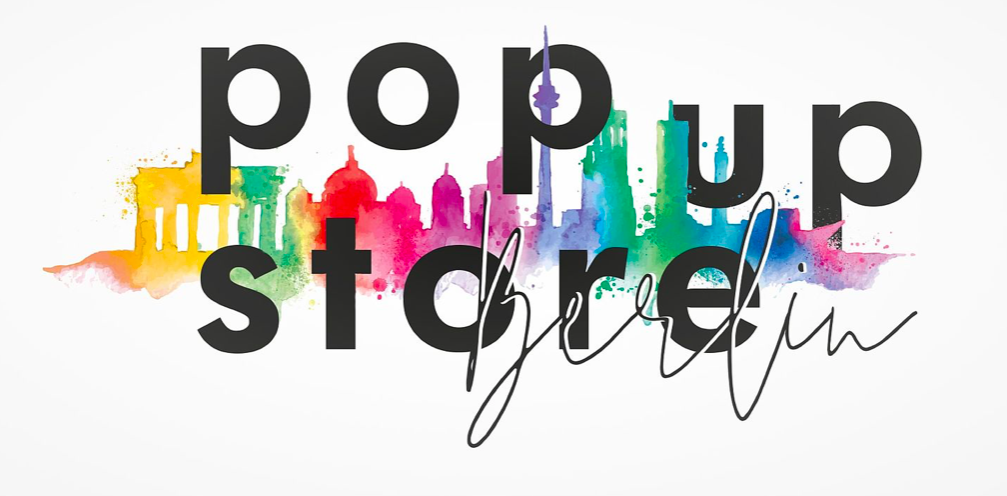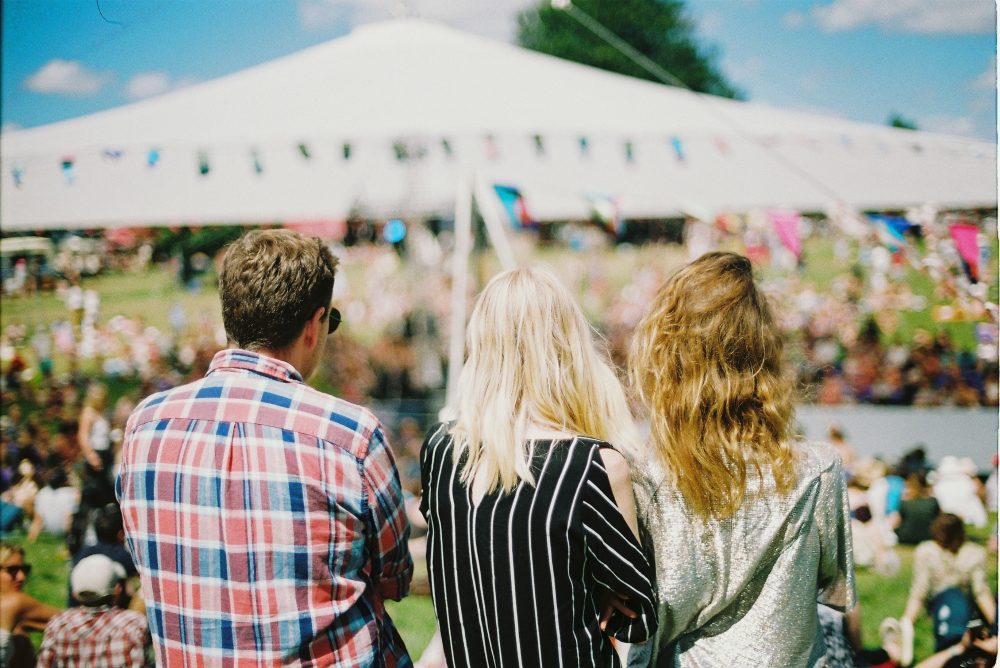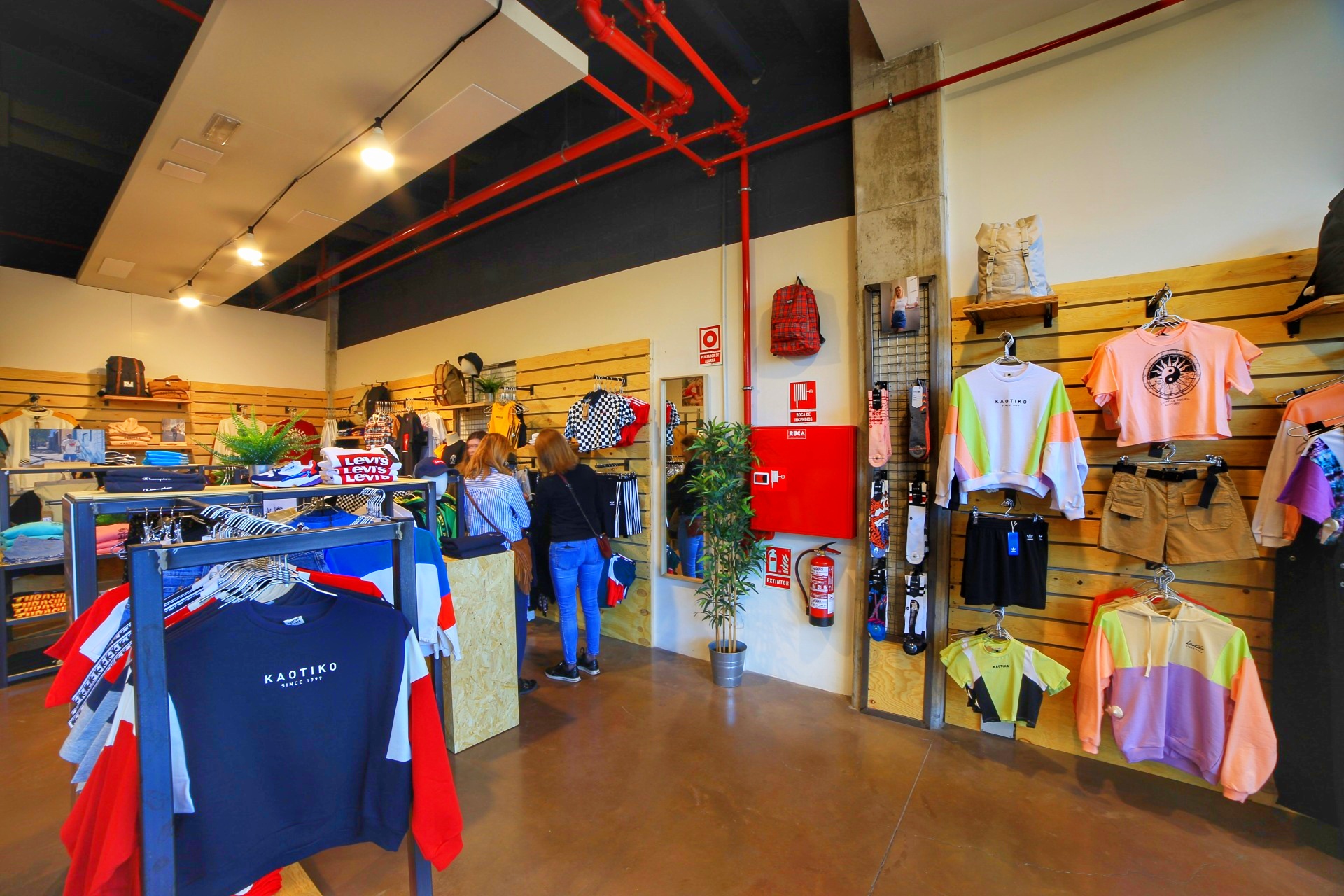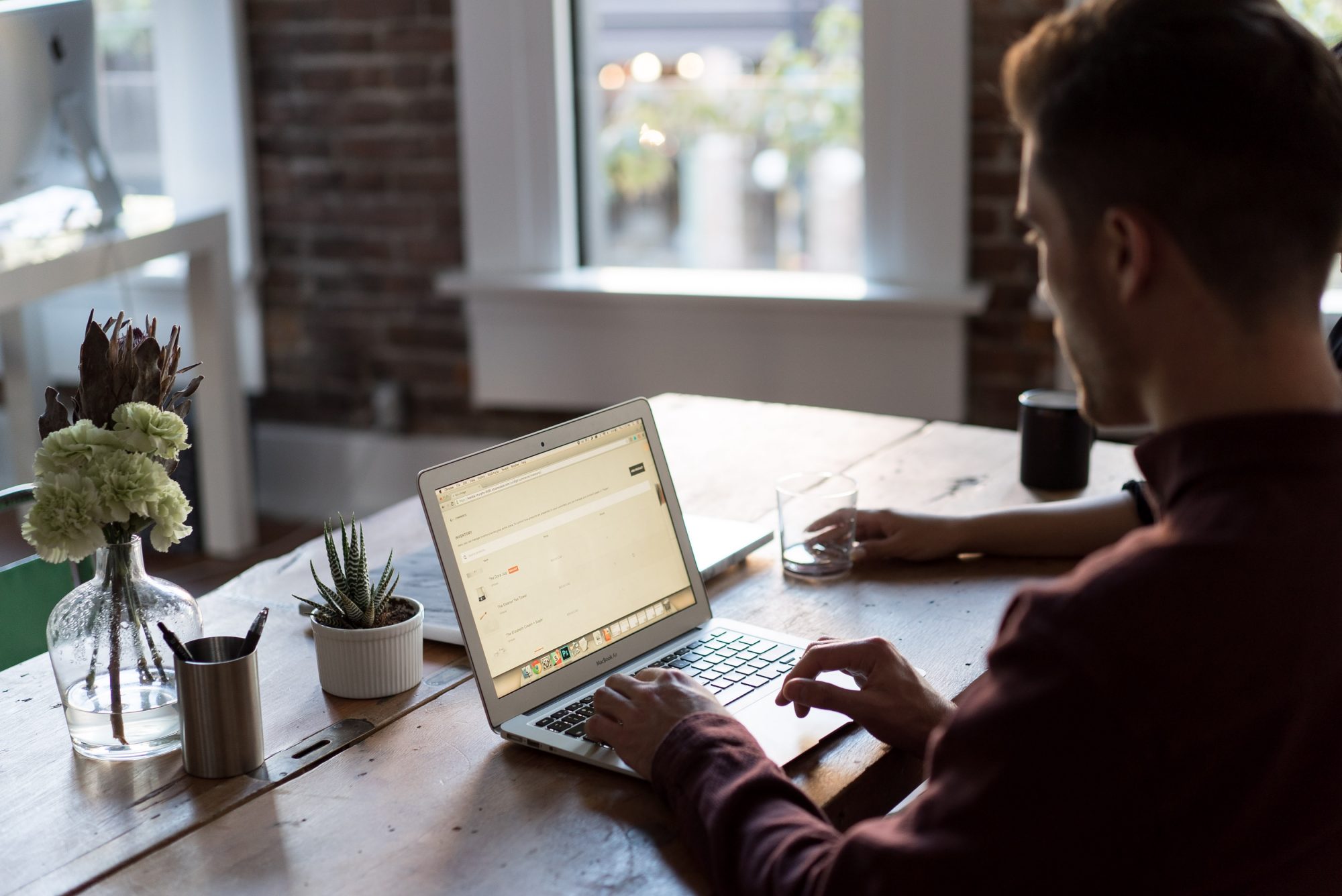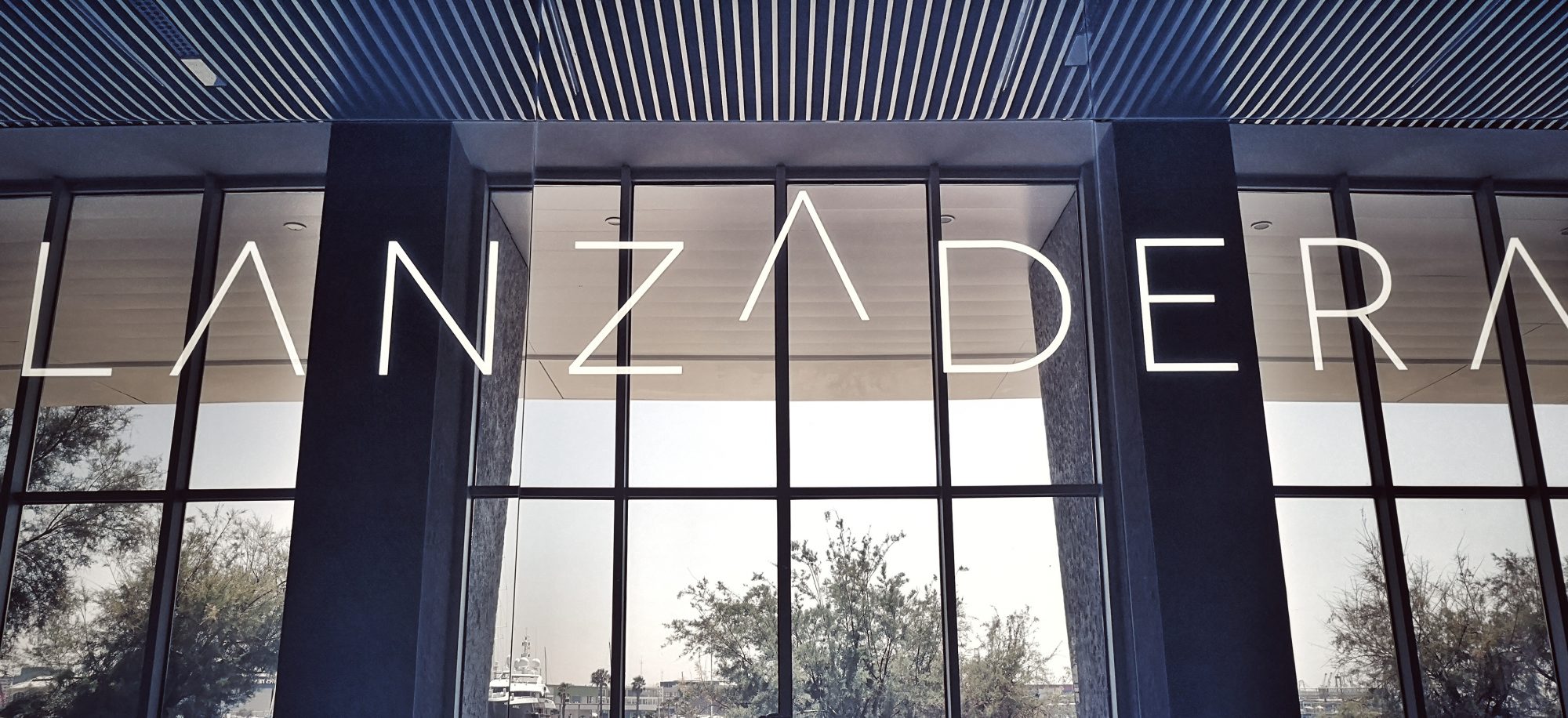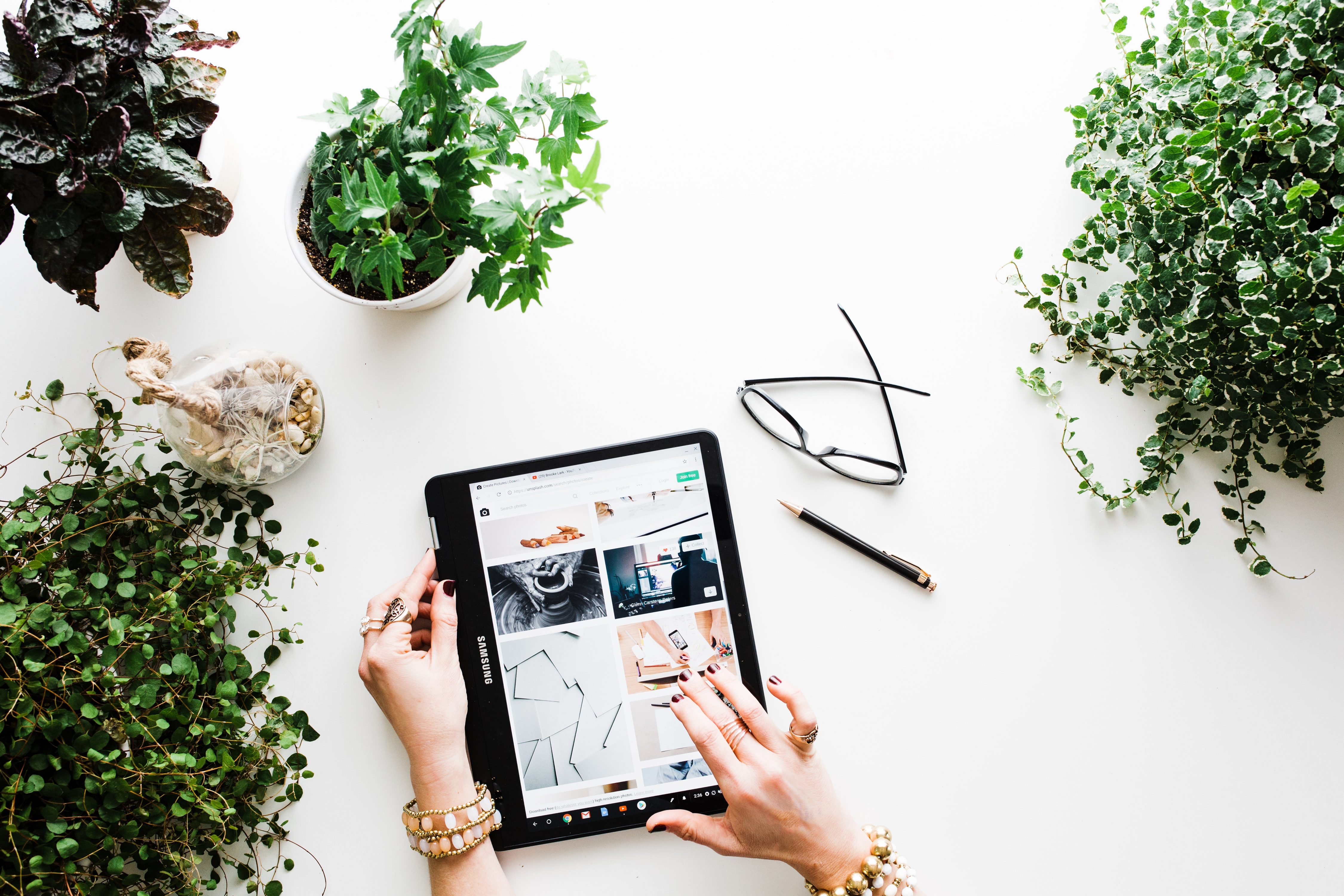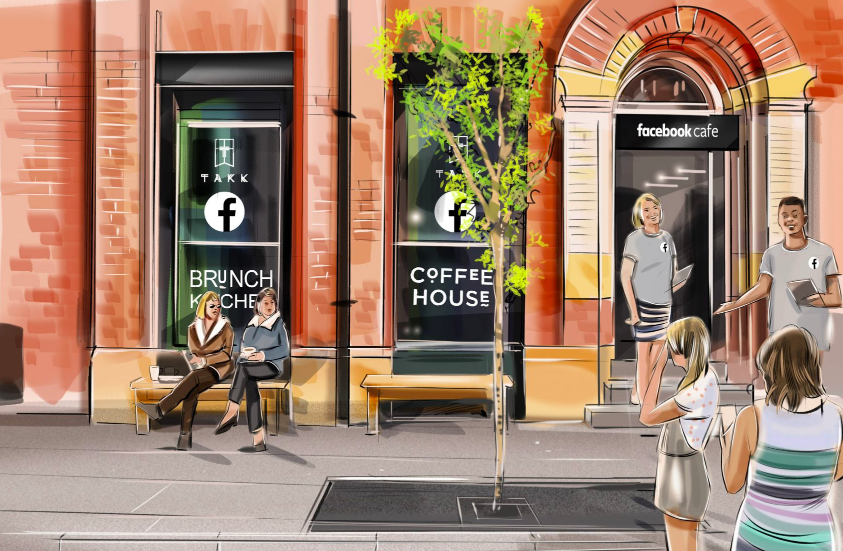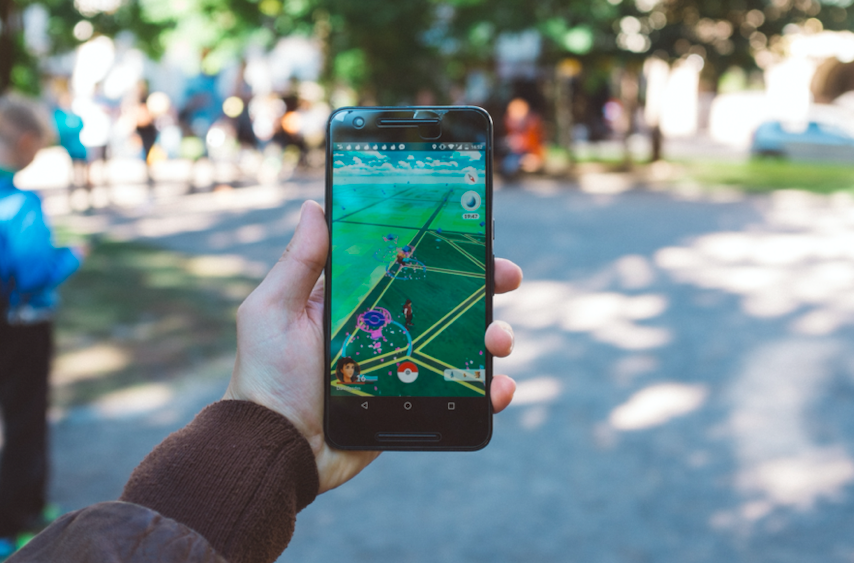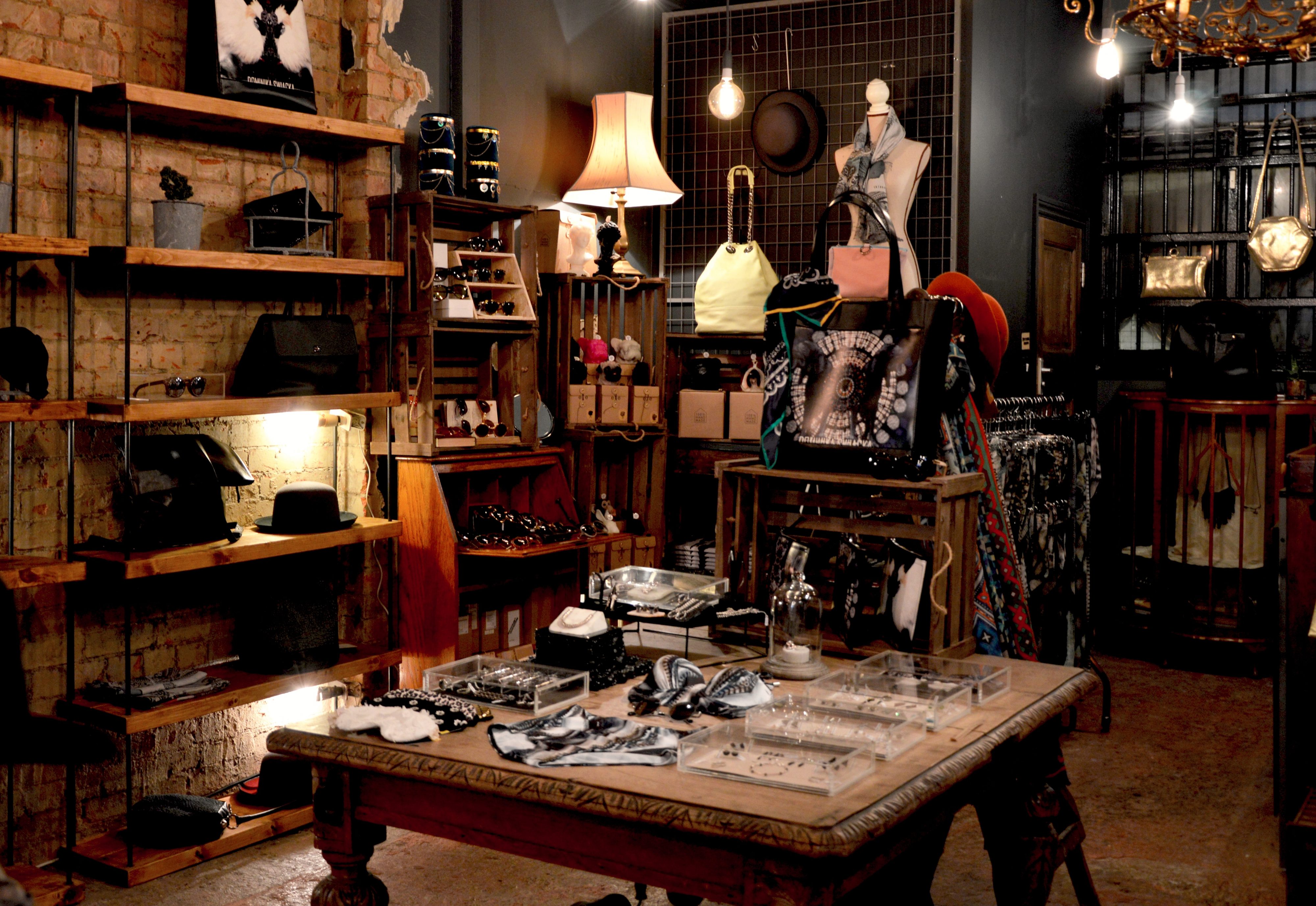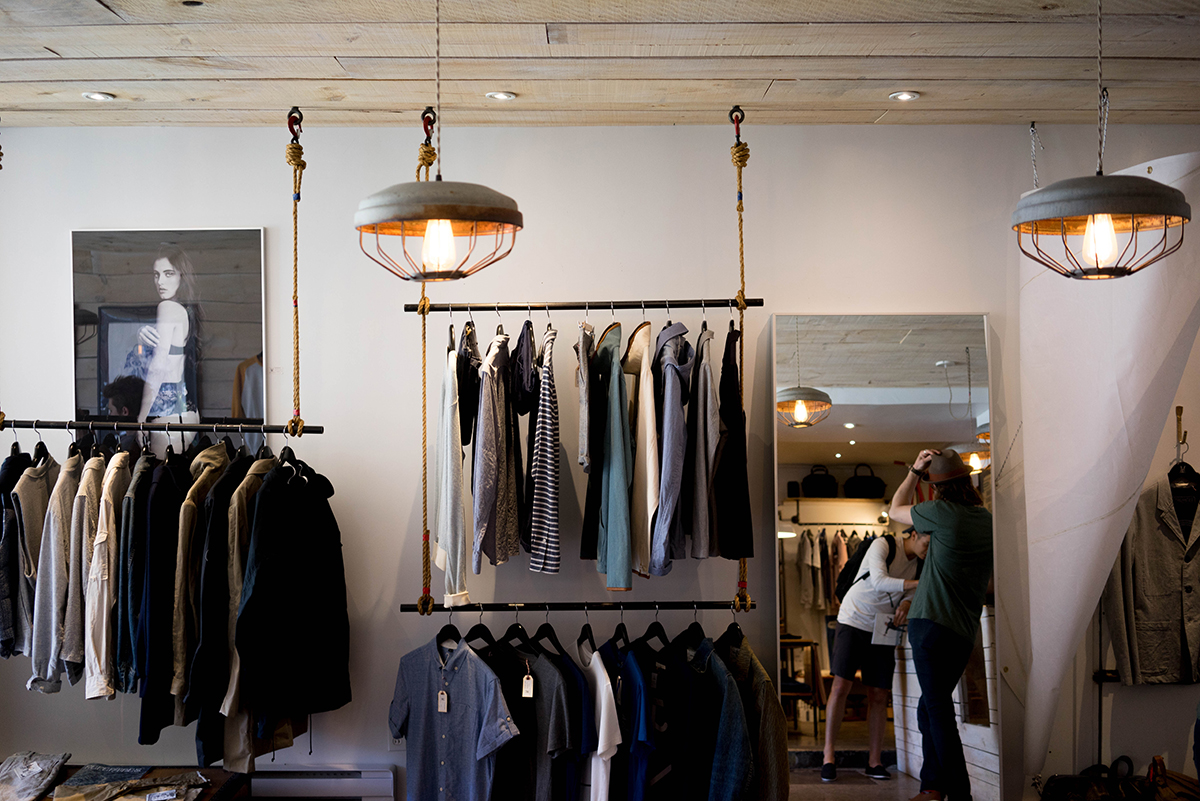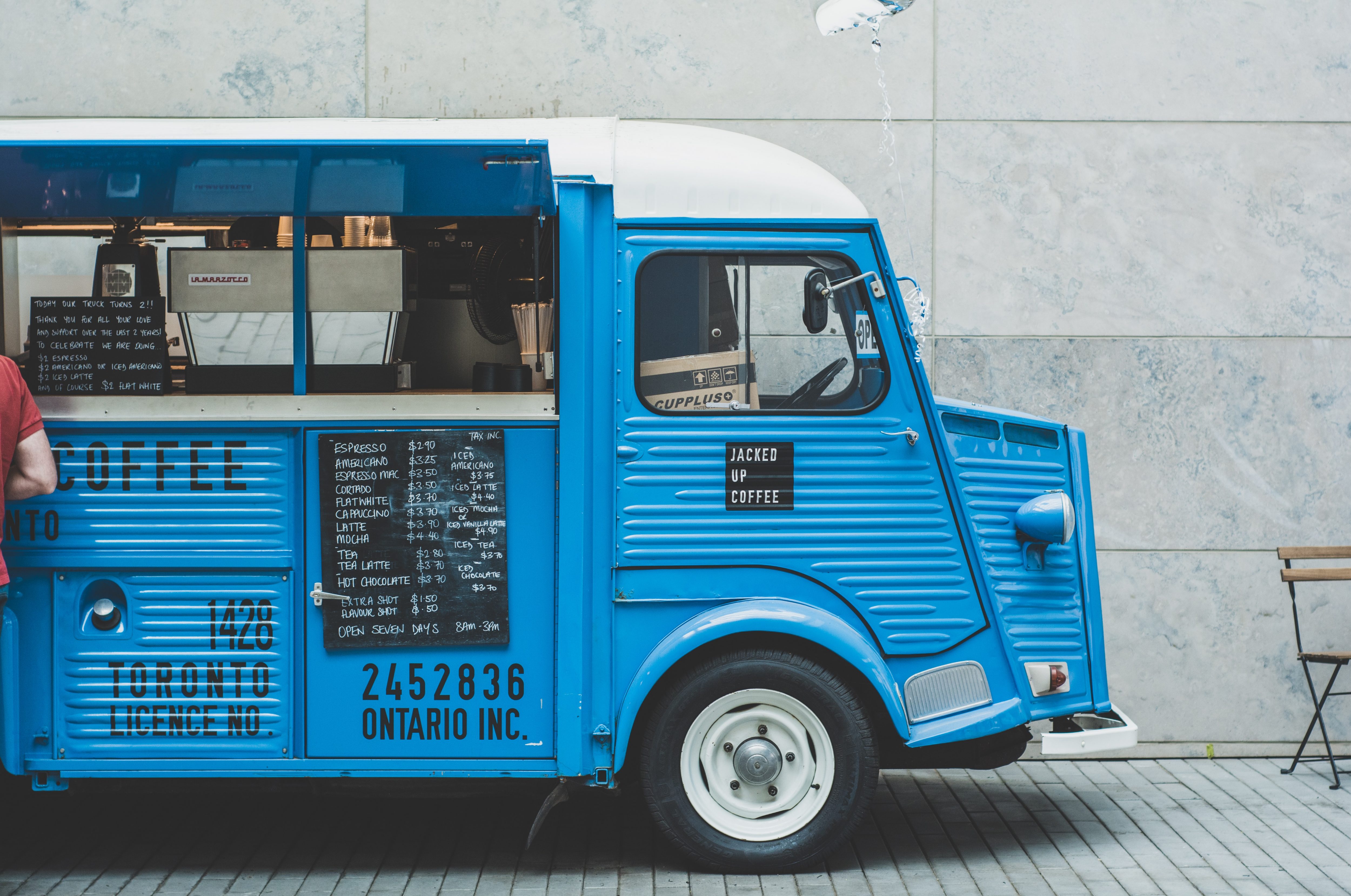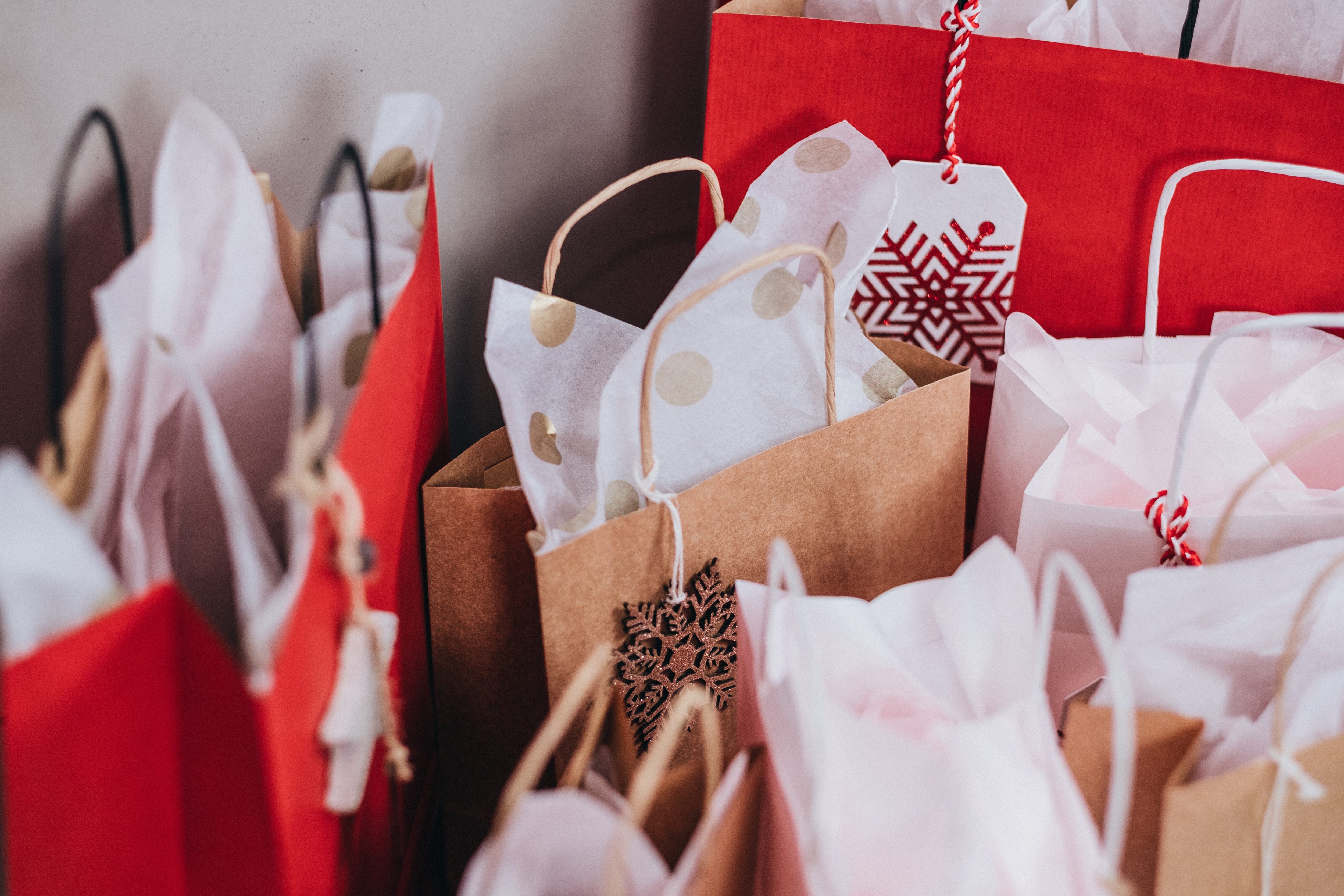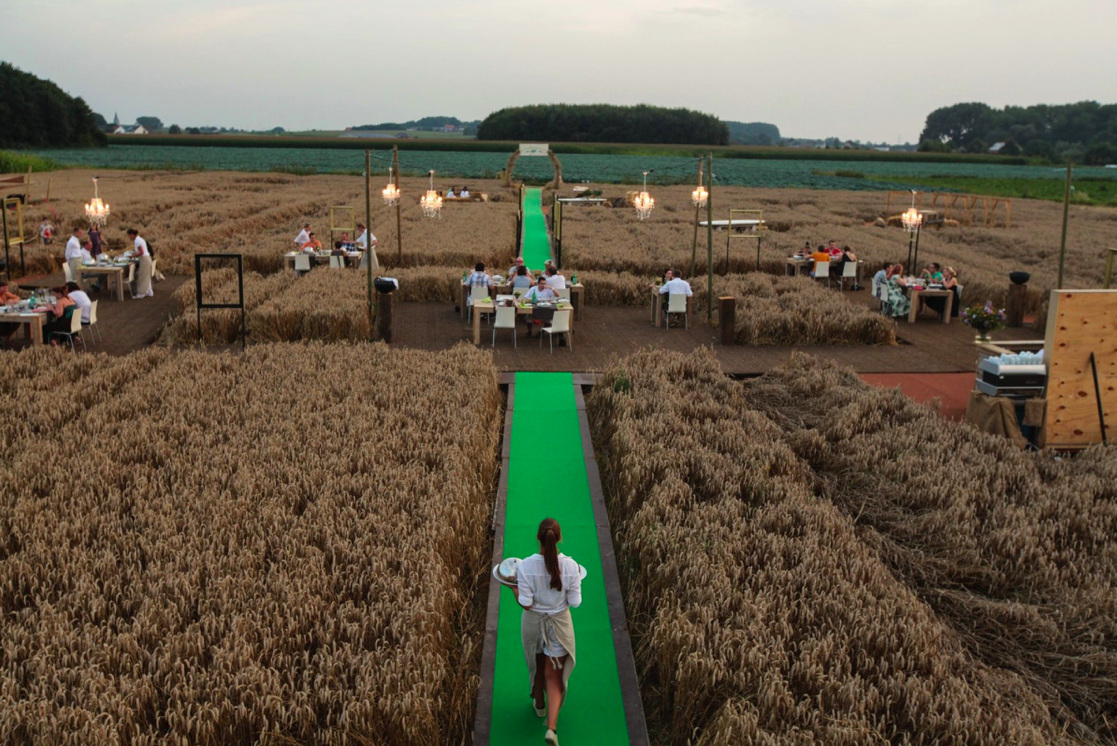How AI can help monitoring the crowd coming to your next Pop-up.
Artificial Intelligence, or AI, is every time more embedded in our lives. Through the use of computer science programming and by analysing data and surroundings, it is possible to solve or anticipate problems and learning or self-teaching it to adapt to a variety of tasks. Retail is a sector benefiting, as well, from AI by providing customers with instant support inside the store by using robot or touch panels. These techniques can help to increase efficiency, by faster helping the customers but also by providing to the company direct feedback about consumers' preferences. The results are several: from reducing customers waiting
LAMY opens its first Pop-up in Berlin!
How can a company survive decades and be a market leader? We have been collaborating with a brand that is an example of thriving through time and challenges: LAMY. LAMY, a producer of writing instruments based in Germany, was founded by C. Josef Lamy, in 1930. After working as an export and branch manager for an American writing instrument manufacturer, he decided it was time to set up his own by purchasing the Orthos pen manufacturer. Since then, LAMY has been a leading company in the production of writing instruments in Germany, in Europe and across the world. LAMY succeeded to
DIGITAL NATIVE GENZ PREFERS PHYSICAL EXPERIENCES
Millennials, born between 1980 and 1996, have been at the centre of the attention for the last decade. To the point that fashion even gave to this generation a colour: the famous Millennial Pink. It is a sort of a grapefruit shade and apricotty salmon; you might like it or not, but for a while, it was everywhere! We have learnt everything about this exciting and multitasking generation. A generation that through the decades has learnt to adapt to many changes. During the ’90s, they lived on their young skin, the shift from an analogue to a digital society. To
Streetwear Kaotiko concludes for the second year in a row its Pop-up experience in San Sebastian and adds a new city, powered by Go— PopUp!
Kaotiko a streetwear style company based in Barcelona (Spain) celebrated, from the 8th of July to the 8th of September 2019, the second pop-up store in San Sebastian (Spain), repeating the experience of the summer of 2018. To this achievement, it added a second location, a pop-up store in Zaragoza (Spain) in the Mall of Puerta Venecia, all powered by Go— PopUp reinforcing this way their efforts to grow, in a country where they have already 12 stores. Through pop-ups Kaotiko aims to increase its presence, during the summer peak, in cities where yet it does not have a store. Using
Mega trend: Seamless Commerce, a holistic way to interpret retail.
A Mega-trend is a global, sustained and macro economic forces that impact several aspects of the society at the same time: business, economy, the behaviour of the society, cultures and the way individuals live. Mega-trends develop over a longer period and step by step, define our future and the future of our world, having a big impact on the pace of change itself. If you think about your daily life you will immediately identify several aspects impacted by technological developments that have changed over the years. In the era wherefrom our phones we can virtually carry out every aspect of what
Go— PopUp joins Lanzadera program for the next 9 months!
Lanzadera is business accelerator project based in Valencia (Spain) together with EDEM School of Entrepreneurship and the investment society Angels, it is a project wanted by Juan Roig the CEO and President of Mercadona Group, main retailer in Spain with a turnover of more than 23.000 millions of euros and with 25% of shared market. Lanzadera started with the purpose of helping entrepreneurs to create a solid business model, to bring value through productive work, effort and leadership. The project has recently taken under its wing 40 new innovating companies working in different fields and starting the 3 programs they offer: acceleration,
New ecosystems: from “push model” to “pull model” and why Pop-Up Stores can enhance the latter
The internet has been a turning point for the way we understand time, distances and communication, democratizing the way information is shared. Two major disruptions have changed the way we understand retail: the inception of tech giants and new consumers’ empowerment. Let’s take a look at the scenario of the tech giants: Apple has changed the way we communicate, they had a vision: putting into our hands the world. They achieved it by creating the idea of a smartphone and ratifying the end of the Blackberry era. They never intended to compete against the Blackberry (the most famous phone and a status symbol
Is owning your data the new luxury? Facebook is trying, through Pop-up cafes, to help us understand how to manage our privacy.
With more and more companies using data to extract vital information about the behaviour of consumers to transform them into products, services or the right banner to show up during an internet browsing, is not news that owning our data is on its way to becoming a human right. Why? Because data should be interpreted as property and people compensated accordingly, one might say. In the future, some predict that only who will be able to pay not to have their data stored and used will benefit some degree of privacy and control. As any technology does, also the internet has advanced
A/R a futuristic trend: ride it with a Pop-Up event!
While Virtual Reality or VR did not make it to our daily reality, Augmented Reality or AR, however, thanks to our mobile phones and an App., is a technology that is being largely used in retail and consumers will increasingly expect to have this option when getting in contact with a brand. What is exactly AR? Augmented reality is a technology able to expand the physical world, adding layers of digital information to the reality we see. AR to the contrary of VR does not create a whole artificial world but enhances, adds or complements the reality we touch with
5 POP-UP TRENDS TO FOLLOW IN 2019
Since the advent of the internet, many things in our lives have changed. Over the past decade, retailers have been battling a dual transformation. Expanding their business onto the digital world while trying to reinvent their physical spaces. These are 5 pop-up trends to follow in 2019. Some companies have started to suffer from a cannibalistic effect, as their consumers bought more online than in their physical stores. However, the death of the brick-and-mortar has never really arrived. //Trailblazers showing us the way: from Experiential Marketing to Customers’ Emotions Visionary and forerunner retailers have been able to read the signals. Understanding what customers
Retail-Detail: Pop-Ups from a trend to the mainstream. The story of how Pop-Ups became “a thing”.
Short-term retail formats, designed to engage customers directly for the purposes of generating brand awareness, selling seasonal goods, testing new products and markets or responding to local needs are not recent as we might think, they have a history that dates back many centuries to the earliest known travelling merchants. The very earliest concept of retail trade involved caravans or travelling solutions that would “pop-up” in different locations, bringing products that otherwise wouldn’t have been available to customers, such as exotic products: spices, carpets, fashion and much more. These travelling merchants would visit different locations on a seasonal or periodic basis,
How a Mobile Pop-Up can help you to reach micro-segments of your audience in their natural environment.
Nowadays consumers have very busy and nomads lives, free time is wisely divided among important things: family, friends, wellbeing or interests such as education and entertainment. Brands need to find new ways to seize customers’ attention; ‘shock and awe’ is a new strategy to capture consumers’ time offering one of a kind and unexpected experiences. Let’s take the example from British designer Lee Broom that during the Fuori Salone at Il Salone del Mobile of Milan in 2016, created a pop-up truck that hosted a dramatic mobile installation, functioning as mobile show-room, the van arrived via land from the designer HQ
How to prepare for “The Most Wonderful Time of the Year”? Start planning your Pop-Up Store now!
Some context on how Black Friday has become a frenzied day for shopping also in Europe and why the Holiday season is an important period to plan a pop-up store. Right now, temperatures outside are breaking records, in Europe, only last week there was a heatwave, so it is very difficult thinking about Christmas when the only thing we have in mind is our upcoming summer vacation. However, we have roughly 4 months to go to the “Most wonderful time of the year” and if you work in retail you know the Holiday Season is for most brands and sectors one of
Keys of Experiential Marketing, unexpected scenarios for a Pop-Up Event: a wheat field
Keys of Experiential Marketing, unexpected scenarios for a Pop-Up Event: A wheat field. Usually, when thinking about a pop-up store, restaurant or event, the tendency is to associate it with a physical location such as a store, a warehouse or a container; but what if nature were to be the setting to hold an unforgettable pop-up experience? This is exactly what Fast Forward Event, the creative agency behind the project, must have thought when organizing this event. For the brand Come a casa, specialized in Italian products such as pasta, the creative team had the idea to use a field of wheat


